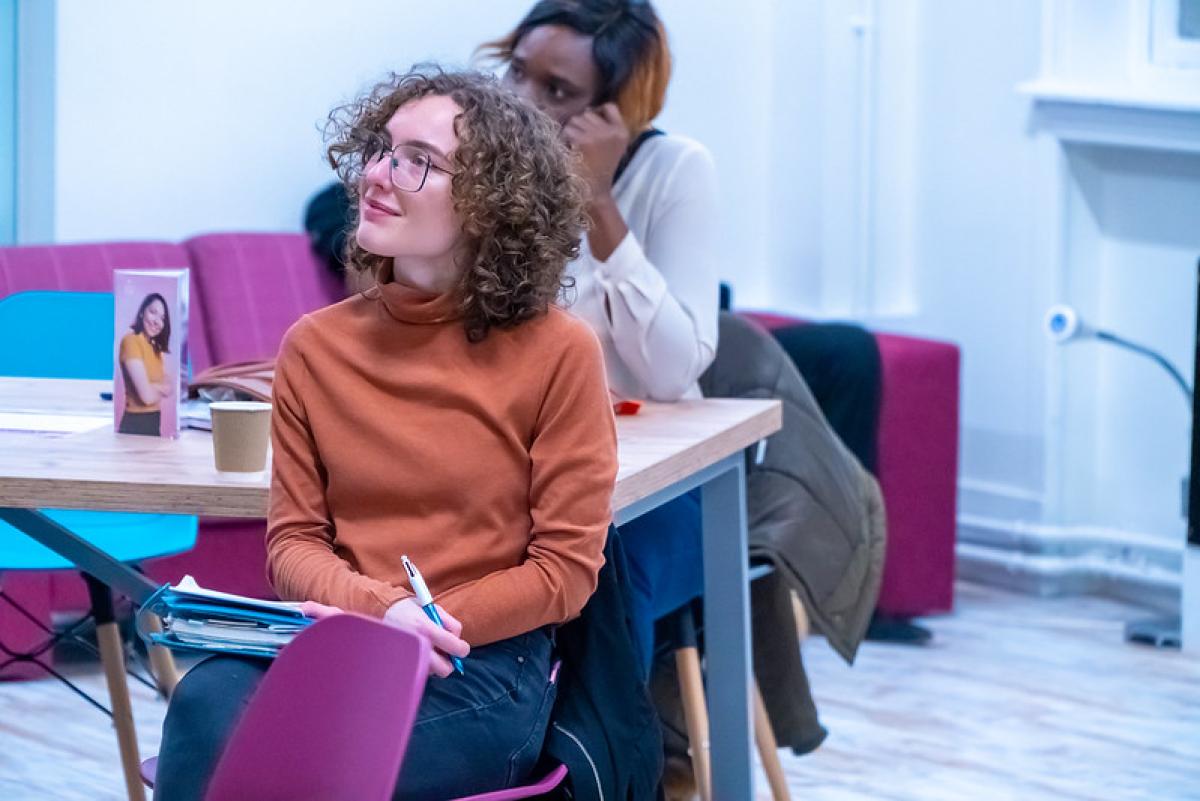Leading Libraries participants praise 'positive impact' of programme
Participants in the Leading Libraries programme say the project has transformed their understanding of leadership within the public library service.
Leading Libraries was a 30-month learning and mentoring programme for staff in public library services. The programme ran from September 2020 to March 2022 and was led and managed by Libraries Connected, with the Birmingham Leadership Institute at the University of Birmingham delivering the main component of the programme. It was supported by Arts Council England through its National Lottery funded Transforming Leadership programme, with additional funding from Libraries Connected and CILIP. A total of 60 staff from fifteen library services across England took part and within each service, four staff participated in the programme - representing a Head of Service, an Emerging Leader and two potential future leaders, known as ‘Powerful Talents’.
One year on from the end of the programme, 25 out of 29 respondents to Libraries Connected’s Participant Feedback Report said they felt Leading Libraries has had a ‘positive impact’ on them as library leaders.
One Emerging Leader said: ‘It [Leading Libraries] has made me a more confident manager and reignited my passion for the service and what we could achieve.’
Heads of Service also told us that the programme has helped them to progress in their careers. One Head of Service said: ‘I am now the Chair [of a regional group of library Heads of Service]. I don't think I would have had the confidence to volunteer for this role previously.’
The future leaders told us that Leading Libraries had made them realise the extent of their capabilities and that they were ready to move upwards in the service. One Powerful Talent said: ‘Working with and being part of a group that included heads of service and other leaders allowed me to see myself as a leader and made me confident enough to apply for leadership roles.’
Heads of Service said that Leading Libraries has made them reevaluate how they recruit and train younger staff members. One Head of Service said: ‘I liked that our more junior staff had to work on a strategic project which has gone on to help them further with their work with our library service.’
Another said that as a result of the programme, ‘We have changed the way in which we recruit and attract people from a wide younger age group to work in the service.’
Though feedback was mostly very positive, respondents also identified challenges relating to the sustainability of the skills learnt during the Leading Libraries course. In particular, the pressures within the public library service in the post-Covid environment – for example, the shift towards online meetings – seem to have made the lessons difficult to apply with permanency.
However, Heads of Service also noted the ‘potential’ of the programme in supporting the development of future library leaders and how it has ‘started a crucial conversation’ within services about the future of the workforce.

